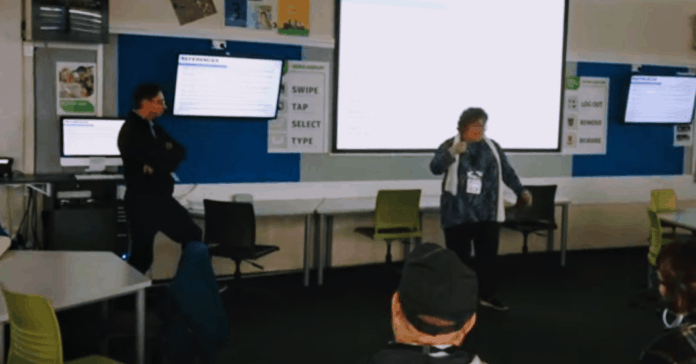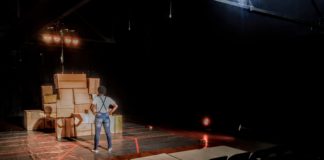There have been research contributions identifying the efficacy of drama as a method of teaching and learning and for the creation of dialogical spaces. However, these contributions have not been within the field of Enabling Education or widening university participation. The specific focus of the paper is to share findings identifying drama techniques and strategies that could be used to support students in Open Foundation (bridging or similar) courses. The broader focus is the collective and comparative investigation of three researchers, within different geographical and teaching contexts, to examine the role drama can play in the creation of enabling, supportive dialogical spaces for learning in inclusive higher education contexts. The constructivist, qualitative research is framed by practitioner research, pedagogical methodology (PM) and arts-based methodological approaches.
Dr Carol Carter:
Lecturer/Coordinator (Foundations of Education) in the English Language and Foundation Studies Centre (ELFSC) at the University of Newcastle. She has taught at a number of universities in Australia and South Africa. Her research interests include drama/theatre education, teacher education, cultural and linguistic diversity and inclusion, enabling education and early childhood education.
Dr Richard Sallis:
Senior lecturer in Arts (drama) in the Melbourne Graduate School of Education, at The University of Melbourne. He is an ethnographer and a writer of research-based plays. His research interests include drama/theatre education, gender, sexualities and schooling, and transnational education.
Warren Nebe:
Director, Drama for Life, University of the Witwatersrand; Managing Director, Themba – Initiatives for Life. He has extensive professional experience in different fields including as an Educator, Psychotherapist and Theatre Director. His research interests include Arts Education, Arts Therapies and Arts Activism as Critical Pedagogy.









